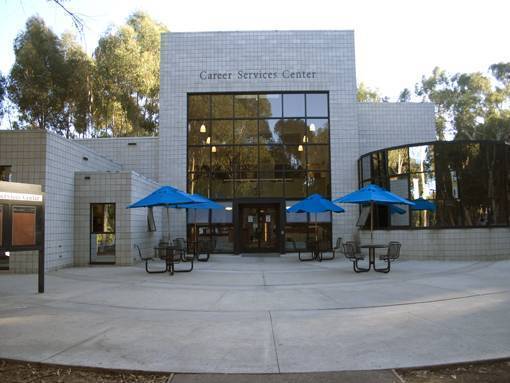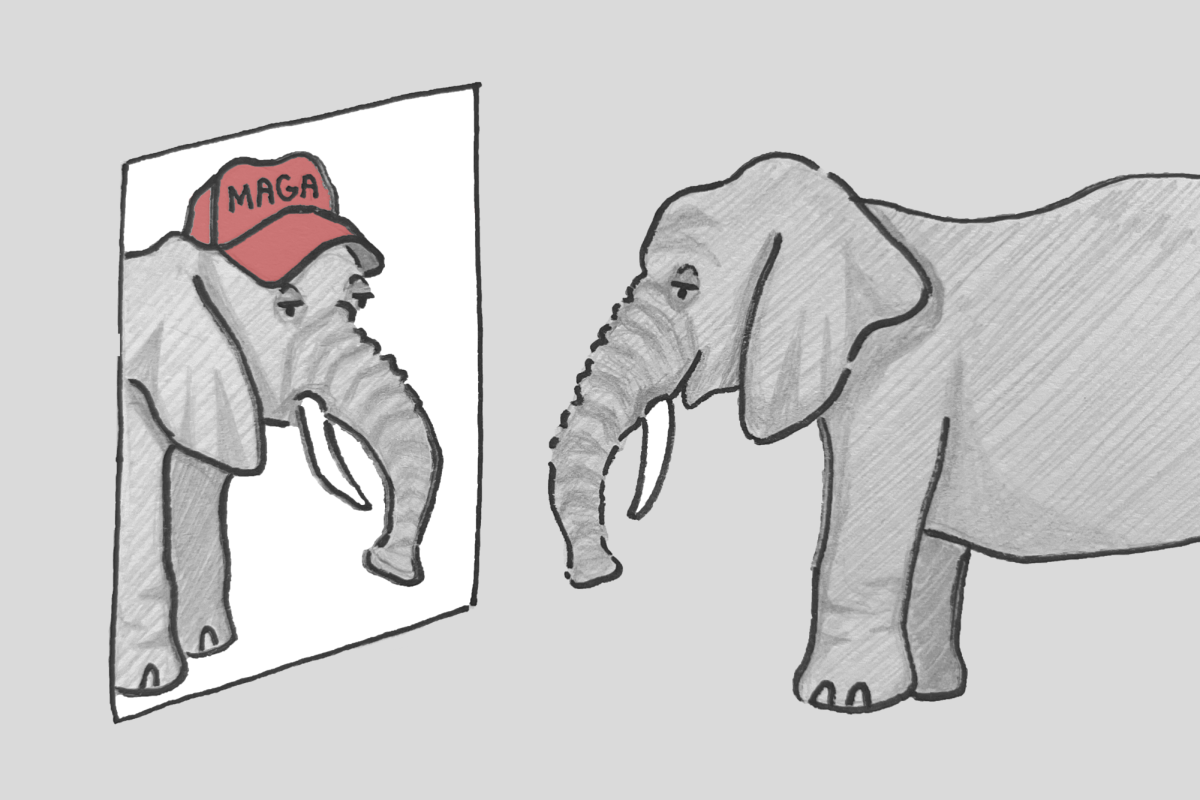Unsurprisingly, most undergraduates are worried about finding the right jobs, the right careers, and getting into postgraduate programs. Given these concerns, the staff at UC San Diego’s Career Center remains too small to meet the needs of its growing student population. If UCSD aspires to be a “student-centered institution,” it should provide more expert career staff to guide us, not just leave it to Google.
The current lack of professional staff compromises students’ ability to get valuable, individualized career guidance. The Career Center currently provides one-on-one appointments with nine professional career counselors who are shared by UCSD’s over 30,000 undergraduate and graduate students. To put that in perspective, last year there was one career counselor per every 4,000 graduate and undergraduate students. With that ratio it is easy to see why obtaining one of these precious one-on-one appointments, especially with a counselor who is a good fit for a student, is extremely difficult. Without easily accessible one-on-one appointments, UCSD students often must guess, or take questionable advice, about key elements to their future happiness and success such as what major to choose, which career to pursue, which opportunities to take, and more.
There are other sources of career-related advice on campus outside of one-on-ones, but these resources are more limited. Online resources, for example, answer some of the easier questions such as how to make a cover letter or what tests to take for graduate school. However, these fail to bring the in-person expertise and training required for potentially life-changing decisions. Undergraduate peer advisors, while helping fill in some of the gaps, are also understandably restricted; they lack the years of schooling, training, networks, and experience that students require and deserve to reach their full potential. Even the few open hours of walk-in professional career advising are not enough to account for the difference. These limited and packed hours are often incompatible with busy class and work schedules, restricting student’s ability to attend. Inevitably, these narrow slots from just a few counselors disproportionately bar low-income students who already face less access to career and graduate school information. Thus, adding more professional staff would have a large and lasting impact on students.
Increasing the staff at the Career Center could also revolutionize UC San Diego’s alumni. By introducing more professional career counselors UCSD would craft stronger alumni and boost university prestige. Additionally, alumni who feel that UCSD went the extra mile for them would be more willing to invest in current students. In the realm of psychology there has been a lot of support for the power of gratitude to affect change. One such psychologist, Dr. David DeSteno, argues in his book, “Emotional Success: The Power of Gratitude, Compassion, and Pride,” that people who have been helped, and felt gratitude for it, are more likely to help others. By showing students more individually-tailored career consideration and personalized paths to their career goals, the university would foster fulfilled and appreciative alumni who would likely contribute to the success of future Tritons. Successful alumni and enhanced career opportunities also bolster the university and reflect well on all of us.
Having more professional staff in the Career Center would alleviate many of the above concerns and inevitably give more students the ammunition to succeed in an area they’re more likely to enjoy. For many people their career provides them with an identity, lifestyle, and considerable source of satisfaction or frustration. If the administration wants to prove it cares about students, it should respond to students’ anxieties about their futures with increased access and assistance. Churning out degrees is not enough.





